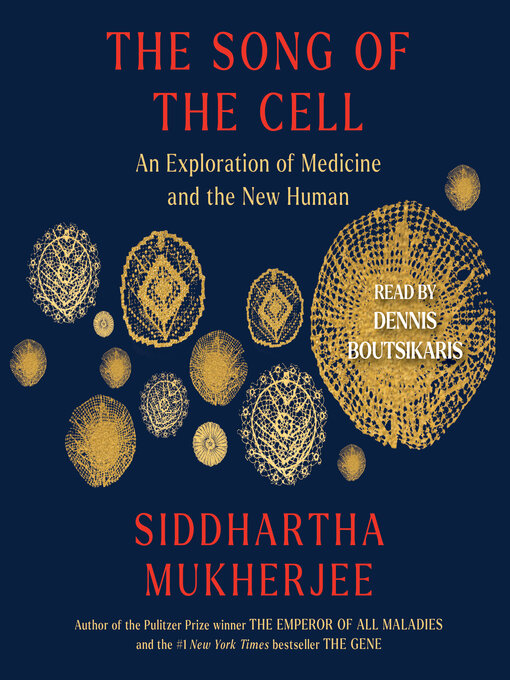- Love by Any Name
- New eBook additions
- Where To?
- Available now
- Most popular
- Try something different
- New kids and teen additions
- Book Club Picks
- Series Starters
- It's a Mystery!
- See all
- For The Love of Listening (to AUDIOBOOKS)
- New audiobook additions
- Available now
- Most popular
- Try something different
- New kids and teen additions
- Sweet nothings in Your Ear
- Audiobooks for your Commute
- See all
- New magazine additions
- Popular magazines
- Try something different
- New kids and teen additions
- Business & Finance
- Let's Get Crafty
- Health & Fitness
- See all


